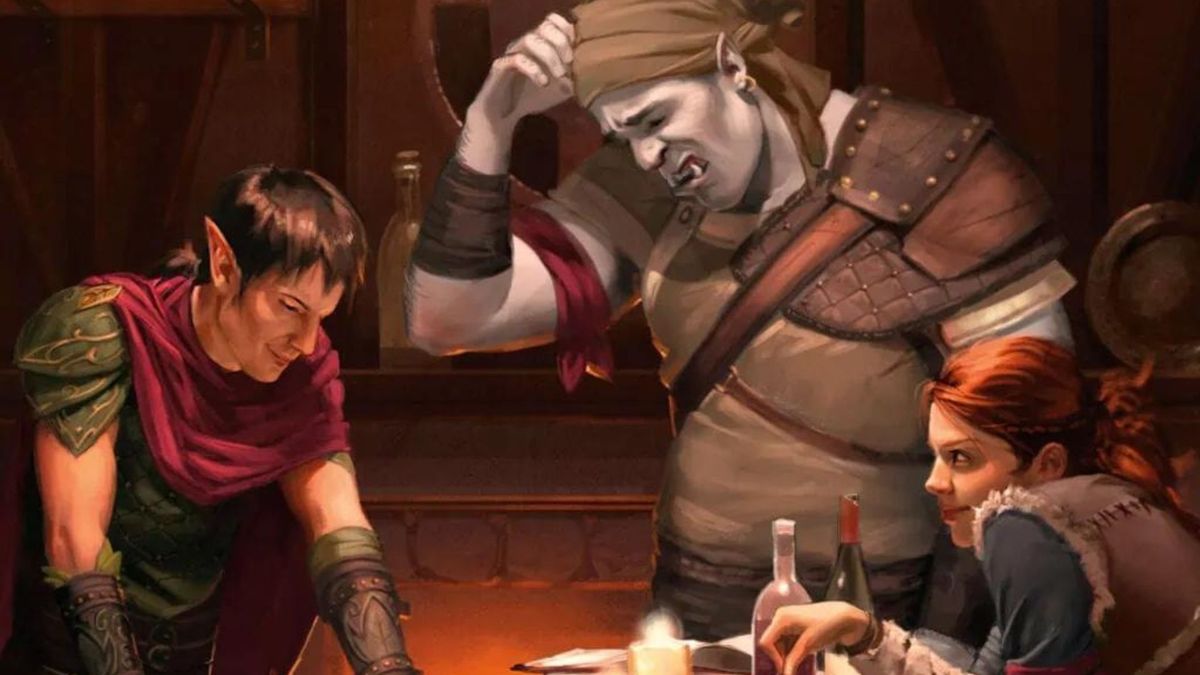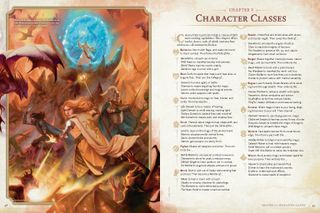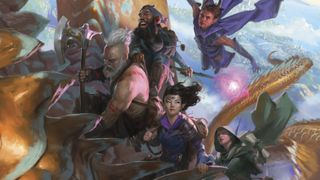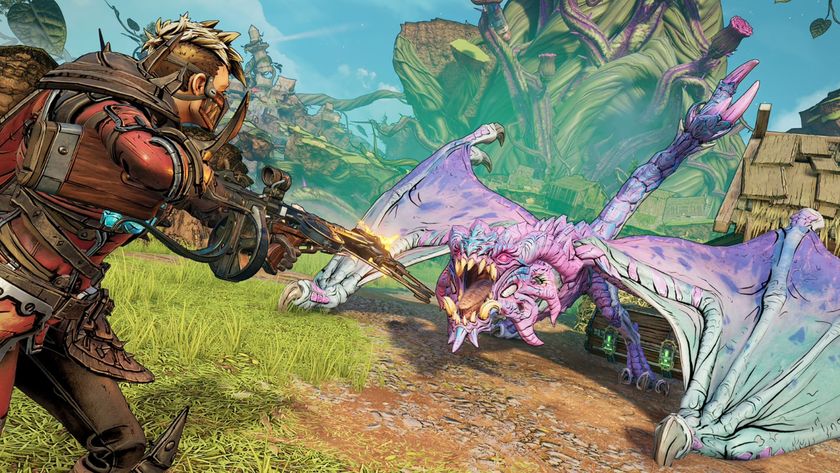D&D 2024 classes are well balanced – but have they lost their soul?
Opinion | The rules revision makes plenty of quality of life improvements, but some classes have lost flavor

It’s 2024, and a new D&D rules revision has arrived. It brings a host of mechanical improvements to the table that have helped to strengthen weaker classes, balance existing spells, give martial characters more things to do, and generally make for more versatile play. That’s not to mention the entire rework of the main three sourcebooks – the Player’s Handbook, Dungeon Master’s Guide, and Monster Manual – to try and present a wealth of game-playing information in a more intuitive and accessible way.
We’ve seen class features thoroughly unpacked in playtests over the past two years, and pieced back together with the abilities that mattered most to us, the players, overall. And the D&D rules revisions seem to be a net improvement to one of the best tabletop RPGs – particularly the changes to the Rogue, which gives the sneaking, trickster class a handful of additional ‘Cunning Strike’ abilities in combat just when other classes are getting second attacks.
But I have one, major complaint in the class changes we’ve seen, which is the loss of so-called ‘ribbon’ abilities: those that don’t necessarily add much mechanical advantage, or boost the class’s damage output, but help to construct the class fantasy that’s been promised to players.
The Monk is a key example of this. In the 2014 version, the Monk gains Tongue of the Sun and Moon at Level 13, enabling it to understand any spoken language. In a game where each character can usually speak multiple languages anyway, the ability to bypass any language barriers isn’t exactly game-breaking – but it builds up a picture of the archetypal Monk as a mediator as well as a combatant.

The 2014 Ranger also had a ‘favored’ terrain, in which the party could travel more swiftly through locations that usually impede movement (such as dense forests and marshes), avoid getting lost, move stealthily at a normal pace, and more accurately track creatures nearby. The Ranger was also adept at evading plant-based obstacles, whether natural or magical – something that fits the class fantasy of an outdoor survivalist very well.
The 2024 Ranger ditches these fiddly exploration features for more combat-focused abilities, which speaks to how little development the exploration part of D&D usually gets. Having spellcasting come online earlier is a great help, as is the new Weapon Mastery feature for enhanced weapon attacks, but I sorely miss the presence of any terrain-specific abilities, which for me were crucial parts of the Ranger’s story as a class.

Why do we need new rulebooks at all? In an interview at Gen Con 2024, the D&D creative director tells us why the rules are changing: "With 10 years of feedback, we smoothed out some of the wrinkles in the bed."
I’m particularly upset about the loss of Song of Rest, a low-level Bard feature that lets you grant temporary HP to allies during a short rest. While there are other ways to heal or defend your allies as a Bard – and the feature has been somewhat shunted to the optional Musician feat, which grants a one-use dice reroll to allies instead – I always loved this ability for how it captures the Bard as a traveling performer, soothing tired adventurers by the roadside. The new Bard gets a lot of new tricks, including far more freedom to pick and choose spells from other classes, but it’s clear that more flavorful aspects of the 2014 classes have been sacrificed to find utility elsewhere.
Sign up to the 12DOVE Newsletter
Weekly digests, tales from the communities you love, and more
This is not to call the 2024 revision a failure, by any means. I’m hugely excited to try each of the revised classes for myself, and inevitably there were going to be losses alongside the many gains in this semi-new edition. But some may find that the things that drew them to a class fantasy in the first place have been sidelined – and those players may find themselves missing what they’ve lost.
To prep for the revamp, these are the D&D books we'd advise adding to your shelf alongside the new rulebooks. As for a change of pace, why not take a look at the best board games?

Henry St Leger is a freelance technology and entertainment reporter with bylines for The Times, GamesRadar, IGN, Edge, and Nintendo Life. He's a former staffer at our sister site TechRadar, where he worked as the News & Features Editor, and he writes regularly about streaming, games, D&D, and a host of home technologies including smart speakers and TVs. He lives in London with his Nintendo Switch (OLED) and spouse (not OLED).
Most Popular









